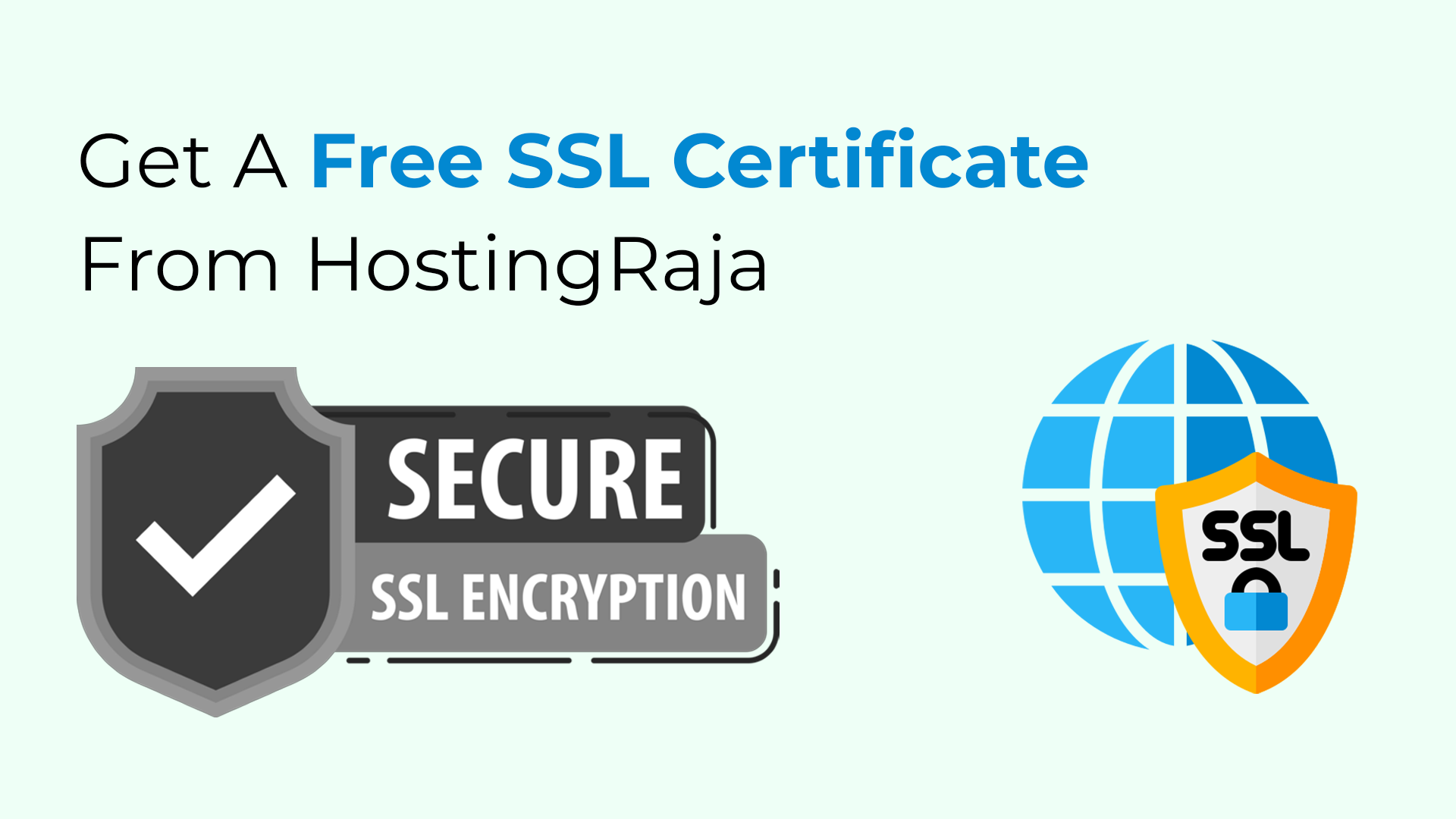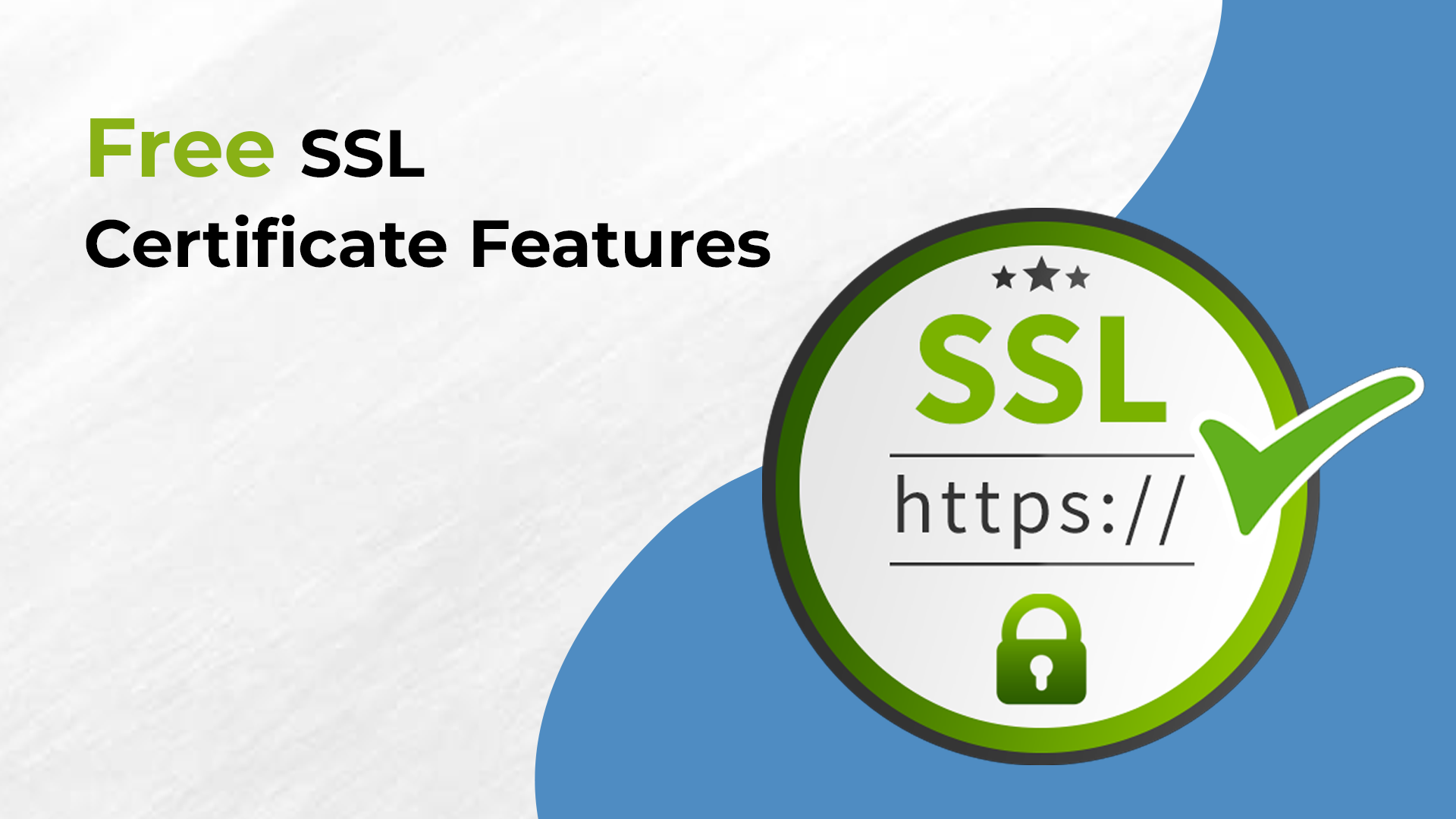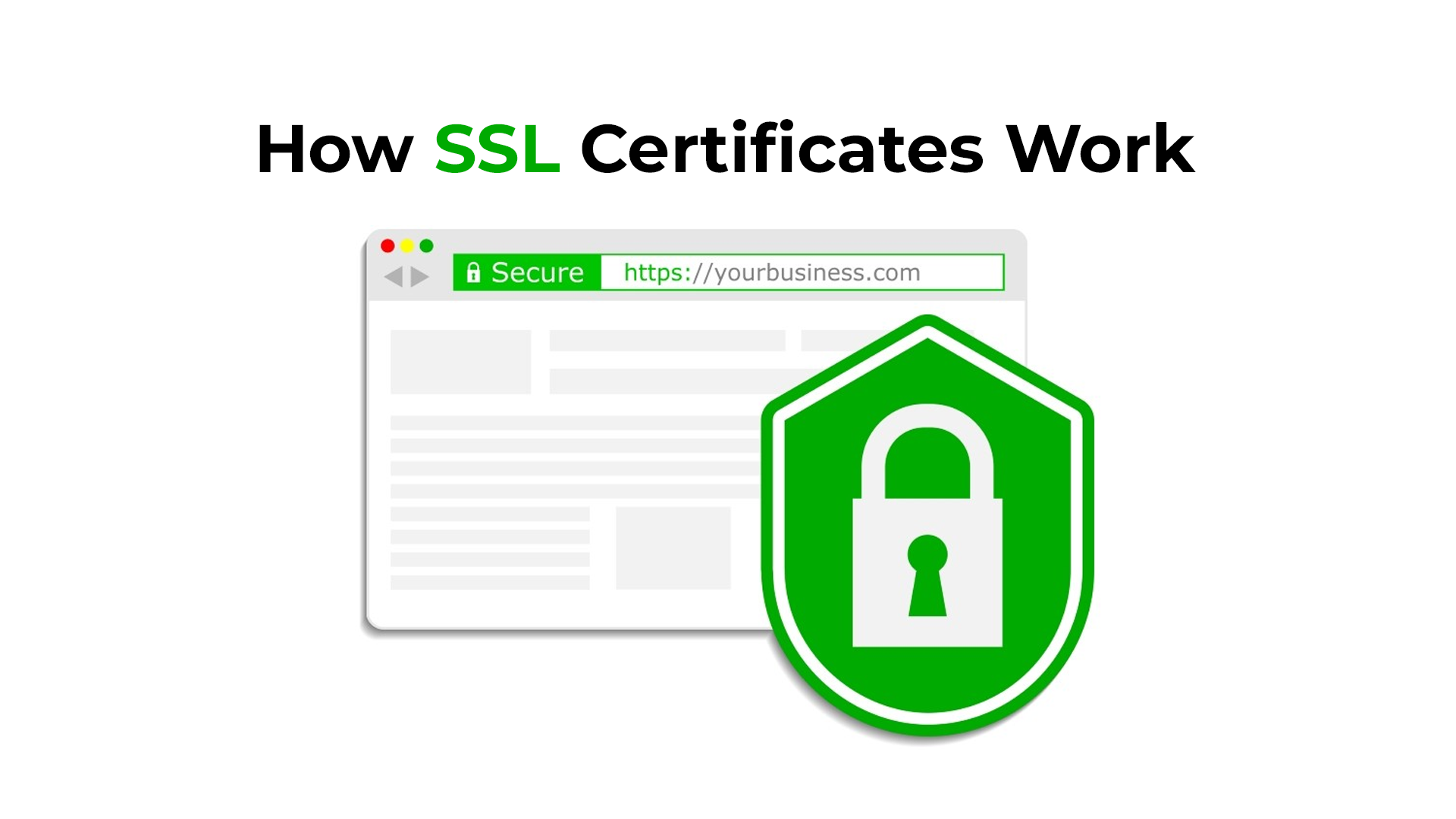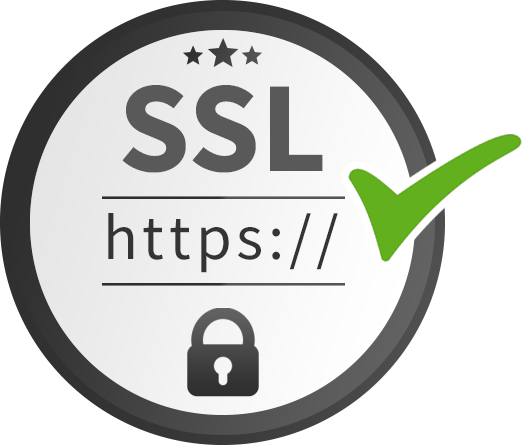SSL: Securing Websites, Building Trust
What is SSL and Why It’s Important
An SSL (Secure Socket Layer) certificate ensures website security by creating an encrypted connection between a website and a browser. It protects sensitive information during transmission, allowing only the intended recipient to read it. SSL is crucial for secure credit card transactions, data transfers, logins, and social media interactions, ensuring that personal information such as credit card details, bank information, usernames, and passwords remains private and protected.
Vital Role of SSL in Secure Communication and Data Protection
SSL (Secure Socket Layer) plays a vital role in secure communication and data protection. It is a cryptographic protocol that secures communication between web servers and clients by encrypting data. This encryption prevents unauthorized access and interception of sensitive information, ensuring the protection of personal and financial data. SSL also establishes trust through visual indicators like the padlock symbol and “https” in the URL. Recognized as a standard for secure websites, SSL enhances search engine rankings and ensures privacy.
The Importance of SSL in Today’s Digital Landscape
In today’s digital world, SSL (Secure Socket Layer) is essential for secure and encrypted communication between websites and users. It protects against data interception and unauthorized access, enhancing trust and credibility. SSL is crucial for e-commerce, safeguarding online transactions and customer information. It helps prevent phishing attacks and data breaches, and visual cues like the padlock symbol reassure users of a secure connection. Compliance with data privacy regulations, such as GDPR, makes SSL a necessary investment for any business, improving security, user experience, and overall reputation.
How To Get A Free SSL Certificate From HostingRaja!
HostingRaja offers free SSL hosting as part of its commitment to providing secure and affordable web hosting solutions. If you’re looking for hosting options compatible with various content management systems, including October CMS Hosting, you’ll find that our plans come with an SSL certificate included. When you purchase any hosting plan from HostingRaja, you automatically receive a free SSL with hosting. This ensures that your website is protected with HTTPS encryption at no additional cost.
To obtain your free SSL certificate from HostingRaja:
- Choose and purchase any hosting plan from HostingRaja.
- During the checkout process, select the option for a free SSL certificate.
- Once your hosting is set up, HostingRaja will automatically install and configure the SSL certificate for your domain.
- Your website will now be secured with HTTPS.


Free SSL Certificate Features
- Encryption and Privacy: SSL ensures encrypted communication between servers, protecting sensitive information from interception and safeguarding confidential data through cryptographic protocols.
- HTTPS Security Assurance: SSL ensures a secure HTTPS URL, visibly demonstrating site security and eliminating browser warnings, providing a seamless browsing experience.
- Domain Validation: Free SSL certificates typically offer domain validation (DV), the most basic level of validation. To obtain a DV SSL certificate, an organization needs to demonstrate control over the domain.
- SEO Benefits: SSL can improve Google rankings as search engines prioritize secure websites.
Identifying SSL-Protected Websites
When obtaining an SSL certificate, the website’s URL will switch from HTTP to HTTPS, indicating the secure connection established through SSL encryption. Browsers display a lock symbol in the address bar to signify an SSL encrypted session. By clicking on the lock, you can access information about the SSL certificate. This visual indicator assures users of a secure connection.

How SSL Certificates Work
- Request for SSL Certificate: The user’s browser requests the server’s SSL certificate.
- Certificate Transmission: The server responds by sending a copy of its SSL certificate, which includes a public key and other relevant information.
- Browser Verification: The user’s browser verifies the certificate’s authenticity and creates a secure session key.
- Secure Connection Established: Data transmitted between the browser and server is encrypted, ensuring secure communication.



